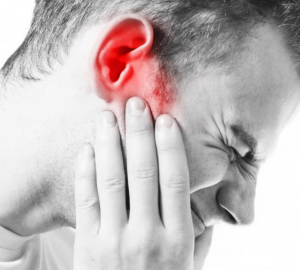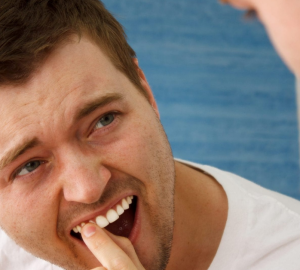Do you feel tired and thirsty during the day, even after drinking several glasses of water? This might be a sign that your body isn’t retaining enough water and is requesting more.
The absence of enough water in your body is known as dehydration. Drinking before you become thirsty is the most excellent method to avoid dehydration. You’re already somewhat dehydrated if you’re thirsty, which can produce symptoms including headaches, tiredness, dizziness, and more. Heatstroke and other life-threatening diseases can be exacerbated by dehydration.
Unfavorable weather is also associated with a number of prevalent health problems. Dehydration is the most frequent. In this post, you will get an idea of critical natural remedies for dehydration. Before we proceed any further, it’s crucial to grasp what precisely dehydration entails.
What is Dehydration?
Dehydration is a condition that occurs when the number of bodily fluids lost, primarily water, is greater than the amount taken in. When a person is dehydrated, more water moves out of individual cells and then out of the body than is taken in by drinking.
Dehydration, in medical terms, is when a person loses enough fluid that their body loses its capacity to operate correctly and begins to generate symptoms connected to fluid loss. Although babies and children are the most vulnerable to dehydration, many adults, particularly the elderly, are also in danger.
Every day, people and animals lose water in the form of water vapor in our exhaled breath, as well as water in our sweat, urine, and feces. We lose little quantities of salts or electrolytes along with the water. Our bodies continuously change the balance between fluid intake and water (and salts or electrolytes) losses.
Our bodies might get out of balance or dehydrated if we lose too much water. Dehydration is usually divided into three stages: mild, moderate, and severe, according to most experts. Drinking fluids containing electrolytes (or salts) that are lost during physical activity can reverse or recover mildly to severe dehydration.
Some cases of moderate and severe dehydration might result in mortality if left untreated and undiagnosed. But many home remedies for dehydration might help you in many ways. Dehydration in adults is the subject of this post.

What are the Causes of Dehydration?
Dehydration can occur for so many different causes, including not drinking enough water due to illness or a busy schedule or not having access to safe drinking water while traveling, trekking, or camping.
Other dehydration causes include:
- Vomiting and diarrhea. Severe acute diarrhea, or diarrhea that develops suddenly and violently, can cause a rapid loss of water and electrolytes. When you have both vomiting and diarrhea, you lose a lot more fluids and minerals.
- Fever. You’re more prone to become dehydrated if your temperature is high. The problem grows worse if you have a fever, diarrhea, and vomiting.
- Sweating excessively. Sweating causes you to lose water. If you engage in strenuous exercise and do not replenish fluids as you go, you may get dehydrated. The amount of sweat you produce and the amount of liquid you lose increase in hot, humid weather.
- Urination has increased. This could be the result of untreated or poorly managed diabetes. Dehydration can also be induced by drugs that force you to urinate more repeatedly, such as diuretics and some blood pressure medications.
What are the Symptoms of Dehydration?
Thirst isn’t always a reliable indicator of how much water your body demands. Many people, particularly the elderly, are thirsty but do not feel it until they are severely dehydrated. That’s why it’s essential to drink extra water in hot weather or when you’re ill. The signs and symptoms of dehydration might also differ depending on your age.
Mild to moderate dehydration causes the following symptoms:
- Fatigue
- Dry mouth
- Increased thirst
- Decreased urination
- Less tear production
- Dry skin
- Constipation
- Dizziness
- Lightheadedness
- Headache
In addition to the symptoms of mild dehydration, critical dehydration is expected to cause the following:
- Excessive thirst
- Lack of sweat production
- Low blood pressure
- Rapid heart rate
- Rapid breathing
- Sunken eyes
- Shriveled skin
- Dark urine
Dehydration of this severity is a medical emergency. If you exhibit any of these signs and symptoms, get medical attention right once.
Risk Factors of Dehydration
Anyone can become dehydrated, but some people are at higher risk:
- Children and infants. Dehydration affects infants and children the most since they are more prone to experience severe diarrhea and vomiting. Because they have a larger surface area to volume ratio, they lose a more significant proportion of their fluids when they have a high fever or burns. Young children are frequently unable to express their needs or obtain a drink on their own.
- Adults in their later years. As you become older, your body’s fluid reserve shrinks, your ability to store water decreases, and your thirst sense weakens. Chronic conditions like diabetes and dementia, as well as the usage of certain drugs, exacerbate these issues. Mobility issues in older persons may also impede their capacity to fetch water on their own.
- People who suffer from long-term ailments. Diabetes that is uncontrolled or untreated puts you at a high risk of dehydration. Kidney issues, as well as medications that make you urinate more, put you in danger. You’re more prone to dehydration if you have a cold or sore throat since you’re less likely to feel like eating or drinking while you’re unwell.
- Those who work in the open air. Dehydration and heat illness are more likely when it’s hot and humid. Because sweat can’t evaporate and cool you as quickly as it should when the air is moist, you’ll have a higher body temperature and need to drink more fluids.
Home Remedies for Dehydration
Staying hydrated can avoid dehydration; thus, an average human should drink three liters of water every day. You should also eat foods that are high in water, such as yogurt, bananas, cucumbers, and so on. Aside from water, the following home remedies for dehydration can be used:
Feed on Water-rich Fruits and Vegetables
Water sustains all 11 organ systems of the body. Therefore proper hydration is essential. Drinking water and eating water-rich vegetables and fruits can help keep the body’s water levels in check.
The American Dietary Guidelines for 2015–2020 recommend 2.5 cups of vegetables and 2 cups of fruits per day. According to another study, children’s hydration levels may be improved by eating fruits and vegetables on a daily basis.
Minerals, sugars, and hydrating salts can be found in vegetables and fruits with high water content. As a result, these foods have a comparable effect to the isotonic drinks consumed by sportsmen. Mild dehydration can be alleviated by increasing your intake of water-rich foods.
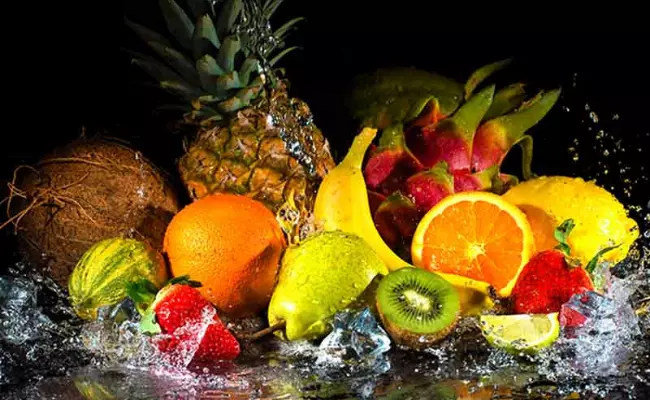
Drink Coconut Water
Heat exhaustion is more likely in hot temperatures since it causes you to sweat heavily. While drinking water can assist in this condition, coconut water, which is easily absorbed by the body, may be more effective and faster.
Consumption of coconut water can help relieve dehydration. It has enough fluids, is low in calories, and has low sugar content. It’s also renowned for its moisturizing properties. Coconut water and sports drinks provide equal health advantages, according to one research.
Read More: Incredible Science-Based Health Benefits Of Coconut Water
Consume Buttermilk
Buttermilk can assist with moderate dehydration by replenishing vital nutrients lost via excessive perspiration. According to research, well-nourished people who drink buttermilk on a daily basis might reduce heat distress.
For nutrition and rehydration, drink 2–3 glasses of buttermilk each day. In order to achieve better results, Mix 12 teaspoons of dried ginger with 1 cup of buttermilk and drink it many times a day.
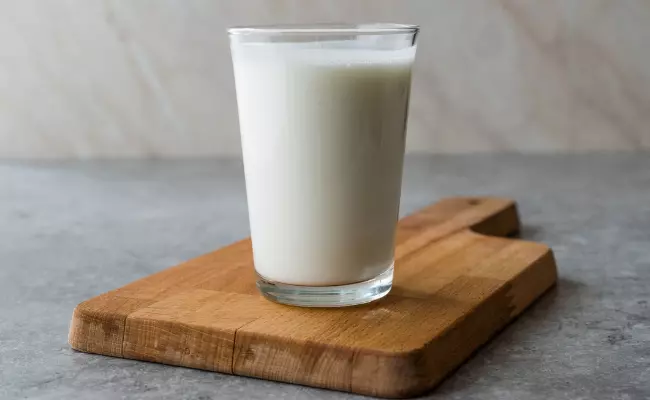
Suck on Ice Chips
Drinking a lot of liquids all at once might make you feel heavy, bloated, and worse than before, so spread your fluid consumption out. Take tiny sips of water, but if you’re having trouble keeping it down, switch to ice chips.
Rather than flooding your system, sucking on ice chips will gently feed you with tiny quantities of water. The ice protects your mouth from drying out while it melts.
This method is especially beneficial for little toddlers who can only swallow small amounts of water in their tiny tummies and don’t want to drink any more fluids at a certain point.
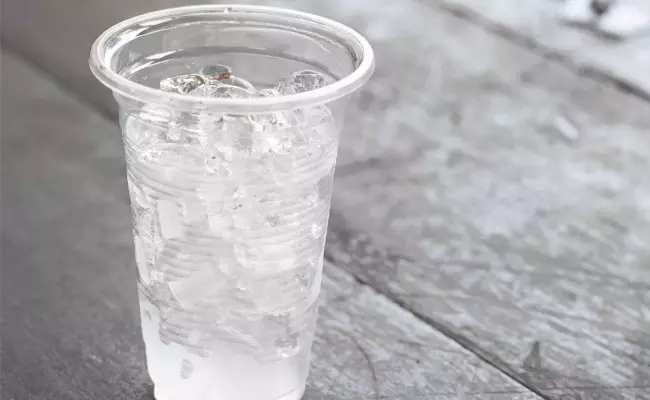
Lemon Water
Lemon water, also known as nimbu paani, is a pleasant drink and one of the best natural remedies for dehydration, especially in the heat. It is one of the most excellent home remedies for dehydration since it increases your water intake and keeps you hydrated, and keeps you from becoming dehydrated.
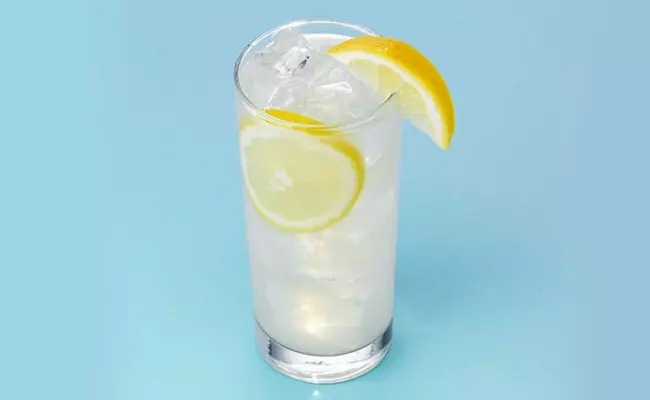
The addition of salt and sugar to lemon water aids in the replenishment of lost salts as well as the increase of vitamins and minerals in the body. As a result, if you’re thirsty or have any dehydration symptoms, drink lemon water to restore your fluid and electrolyte balance. Apart from this there are many more Health Benefits Of Lemons
Orange juice
Oranges are high in nutrients and water, making them one of the best home remedies for Dehydration treating and prevention. It includes Vitamin C, which helps the body flush toxins out, as well as electrolytes like salt and potassium, which help restore nutritional levels.
The sugar in this drink gives an instant energy boost while also helping you to avoid dehydration. To make it a great drink for dehydration, add a sprinkle of salt and sugar. You may even dilute the drink to make it more drinkable and increase the amount of water in it.

Rice water
Rice water, also described as rice kanji, is a traditional health drink intended to combat the effects of summer heat, heatstroke, diarrhea, and dehydration. This is due to rice’s high content of B-complex vitamins, which might aid in the nutritional loss.
Water loss as a result of excessive perspiration or dehydration can also help keep the body’s fluid balance in check. Because rice water contains salt, it also contains minerals like chloride and sodium, which help to replenish the body’s nutrition.
Barley Water
Barley water is a popular summer drink that is generally thought to be healthful. This is because it not only helps to prevent heatstroke but also helps maintain fluid and electrolyte balance in the body, which can occur as a result of dehydration.
Barley grains are high in antioxidants, vitamins, and minerals, including potassium, magnesium, and phosphorus, which aid in restoring minerals and water when consumed as barley water.
Bring a cup of barley to a boil in approximately 3-4 cups of water. Allow the liquid to cool completely before straining and drinking it throughout the day. For more flavor, add a sprinkle of salt or a teaspoon of lemon water.
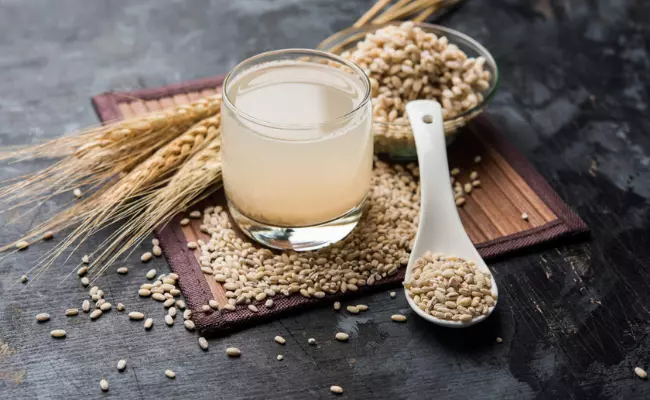
Switch Up Your Snacks
When your blood sugar drops, instead of going for pretzels, crackers, or cookies, reach for fresh or frozen fruits with yogurt or cut-up veggies with hummus. When combined with protein, these fruits and vegetables might give you an extra push to carry you through the afternoon. This natural cure for dehydration is one of the effective home remedies for dehydration.
Make Small Lifestyle Changes
If you work out frequently, you may want more than just water. After your workout, take a sports drink or coconut water. Also, if you’re already dehydrated, avoid drinking alcohol because it causes more fluid loss.
Final Words
Mild cases of dehydration can be prevented and treated by using these natural remedies for dehydration.
When you don’t drink enough water, you become dehydrated. Dehydration may be harmful no matter what the reason is, whether it’s from activity, hot weather, or an illness.
Drinking plenty of water throughout the day and taking electrolytes if you see early indications of fluid loss will help avoid dehydration.







